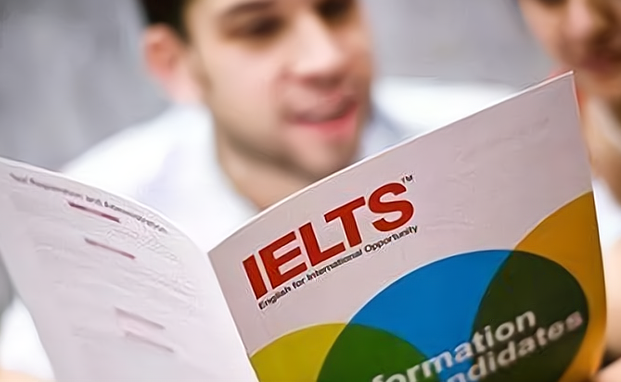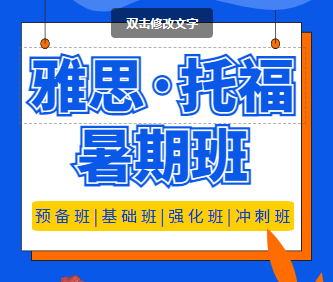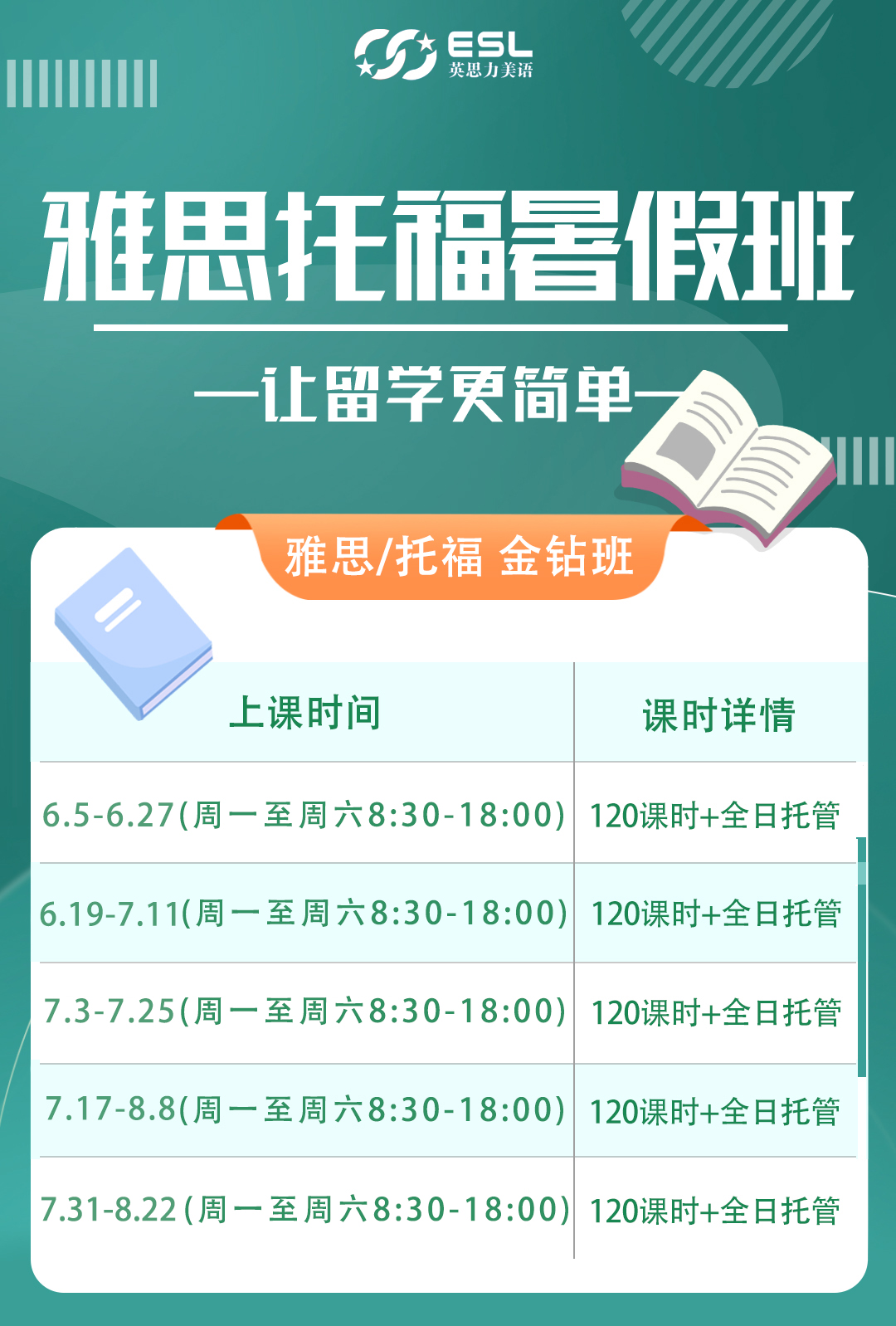歡迎進入鄭州英思力教育科(kē)技(jì )有限公司官方網站!
咨詢熱線(xiàn):0371-65708688
雅思範文(wén) | 一年四周假期能(néng)讓員工工作(zuò)得更好嗎?
發布時間:2023-07-18 浏覽次數:396 字體(tǐ)大小(xiǎo):【大】 【中(zhōng)】 【小(xiǎo)】
2023年共舉行7次雅思考試,5次重複往年原題,其中(zhōng),重複2016年2次、2019年1次、2020年2次。由此可(kě)見備考雅思,需要閱讀往年真題範文(wén)。英思力小(xiǎo)莫收集真題範文(wén),為(wèi)你備考保駕護航

文(wén)章題目:
Employers should give their staff at least four weeks’ holiday a year as employees can be better at their work. To what extent do you agree or disagree with this view?
範文(wén)及注釋:
Countries around the world vary concerning how many vacation days employees should enjoy, though typically the annual leave lasts four weeks. In theory the 4-week holidays will make staff better at their work, but the result is hard to predict in practice.
本段開門見山(shān)提出年假的話題,然後提出觀點:理(lǐ)論上年假有助于工作(zuò)人員提升效率,但實際很(hěn)難說。
vary 與......不同
typically 一般地;典型地
in theory 理(lǐ)論上地
in practice 實際上地
Evidence has shown that taking an annual leave is good not only for workers but also their bosses. To begin with, it should come as no surprise to any one (even the most demanding CEO) that a well-rested worker is healthier and more productive. Vacations could give workers a change of pace and a break from the “work mode”, so that they can be expected to do more when they get back to work. Meanwhile, the mandatory four weeks off given to employees would be good for employers because the increased productivity of their employees will surely bring more profits, at least in theory.
本段讨論休年假的好處,涉及兩個方面:對員工來說,休假可(kě)以提高效率;對老闆來說,效率的提高就意味着更多(duō)利潤。本段采取的是說理(lǐ)的論證方法,用(yòng) “to begin with” 和 “meanwhile” 列舉了兩個原因。
it should come as no surprise to any one that... 任何人都不應感到奇怪......
demanding 苛刻的;要求高的
productive 有生産(chǎn)力的;高效率的
mandatory 強制的;要求的
In practice, however, the expected increase in workers’ productivity after holidays does not always translate into reality. More often than not, being away from work for as long as 4 weeks could put one at a disadvantage and decrease one’s productivity. There will be a period of time for adjustment when one is less motivated right after being back from vacations. So it is one thing to say that one has the legal right to enjoy a paid annual leave, but it is quite another to conclude that vacations can always boost productivity. As the saying goes, “Too much work, too much vacation, too much of anything is unsound.”
本段讨論休年假帶來的壞處:不一定能(néng)提高員工生産(chǎn)力(同樣采用(yòng)說理(lǐ)的方式),并用(yòng)俗語來做證據。值得一提的是,雅思作(zuò)文(wén)中(zhōng)雖然并不明确反對使用(yòng)俗語,但一定要使用(yòng)恰當。最好使用(yòng)英文(wén)中(zhōng)的俗語,漢語俗語翻譯過去,通常難令人滿意。

productivity 生産(chǎn)力
translate into... 變成......; 轉化成......
more often than not 通常;經常
it is one thing to do..., but it is another to do...做......是一回事,但做......是另一回事
paid leave 帶薪假期
boost productivity 提升生産(chǎn)力
as the saying goes... 常言道......
To sum up, while legally employers should give their staff a paid annual leave in the hope of making them better at their jobs, it does not necessarily mean that by so doing there will be as many benefits as expected. To increase efficiency, the employers may have to find other ways.
本段為(wèi)結論:強調休假不一定能(néng)帶來預期的好處。
legally 依法地;法律上地
in the hope of... 旨在;意在
it does not necessarily mean... 這不一定意味着......

參考譯文(wén)
在員工應該享受多(duō)少假期的問題上,世界各地的國(guó)家各不相同,盡管年假通常為(wèi)四周。從理(lǐ)論上講,4周的假期會使工作(zuò)人員工作(zuò)更好,但在實踐中(zhōng)意見卻不一緻。
有證據表明,休年假不僅對工人有益,而且對他(tā)們的老闆也有好處。首先,任何人(甚至連一個苛刻的首席執行官)都不會感到驚訝,一個休息良好的工人更健康,更有生産(chǎn)力。休假可(kě)以改變工人的工作(zuò)節奏,使他(tā)們從“工作(zuò)模式”中(zhōng)解脫出來,這樣,當他(tā)們回到工作(zuò)崗位時,他(tā)們就能(néng)做更多(duō)的事情。同時,強制性地讓雇員休四周假期,對雇主也有利,因為(wèi)雇員生産(chǎn)力的提高,肯定會帶來更多(duō)利潤,至少在理(lǐ)論上是這樣。
然而,在實踐中(zhōng),假期後工人生産(chǎn)率的預期增長(cháng)并不總是成為(wèi)現實。通常情況下,離開工作(zuò)長(cháng)達4周,會讓人處于不利地位,并降低生産(chǎn)力。會需要一段時間來調整,這時,一個人剛從假期歸來,不如以前那麽有動力。因此,說一個人擁有享受帶薪年假的合法權利是一回事,但說假期一定能(néng)提高生産(chǎn)力卻是另一回事。俗話說:“工作(zuò)太多(duō),休假太多(duō),不好的事情都會太多(duō)。”
總而言之,雖然雇主應依法給予員工帶薪年假,指望他(tā)們能(néng)更好地工作(zuò),但這并不一定意味着這樣做會帶來預期中(zhōng)的那麽多(duō)好處。為(wèi)了提升效率,雇主們得找到其他(tā)辦(bàn)法。
